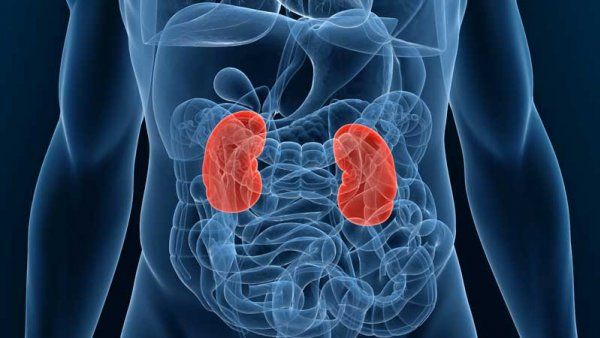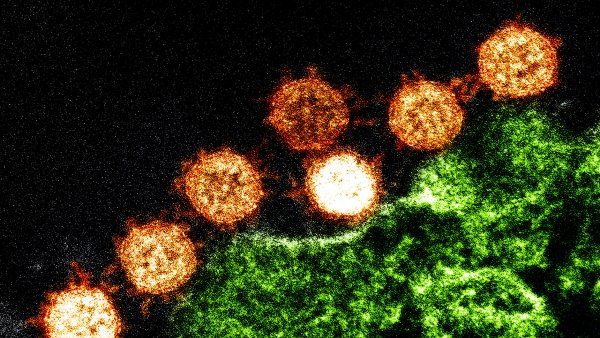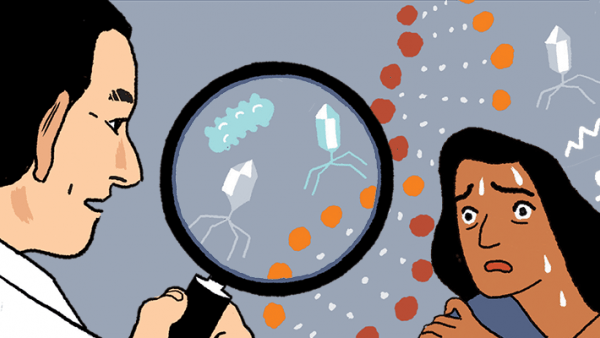Brain’s ‘GPS System’ Toggles Between Present and Possible Future Paths in Real Time
In a study of rats navigating a simple maze, neuroscientists at UCSF have discovered how the brain may generate such imagined future scenarios. The work provides a new grounding for understanding not only how the brain makes decisions but also how imagination works more broadly, the researchers say.








